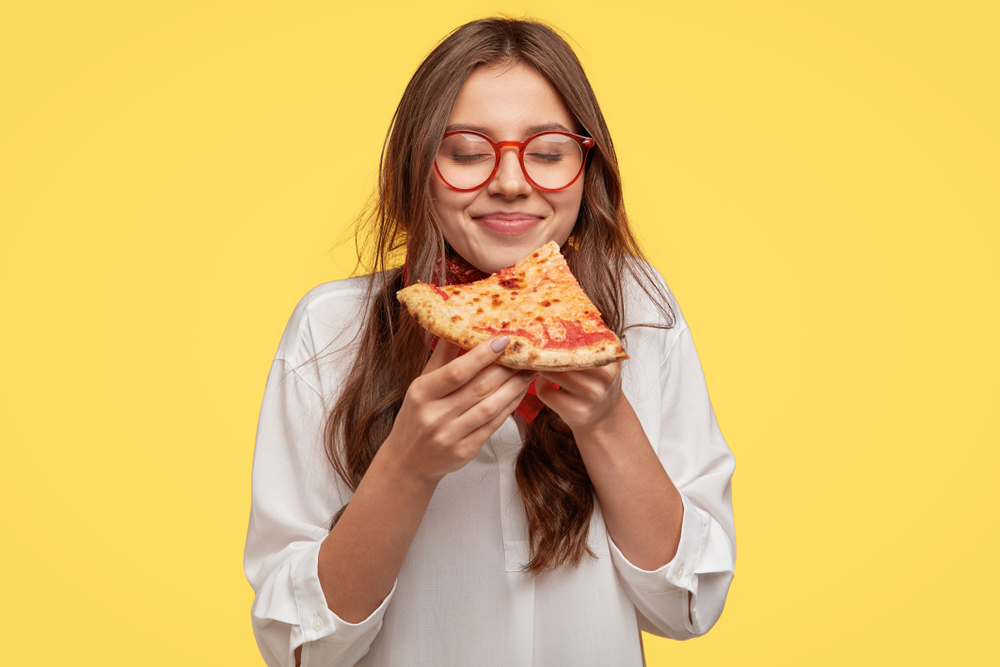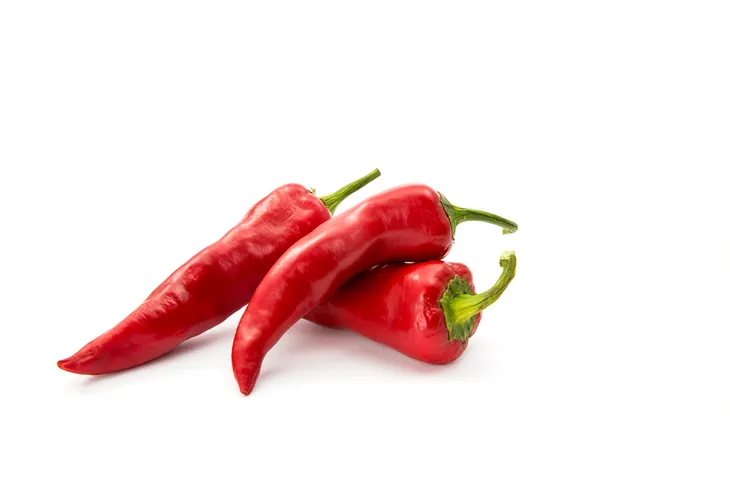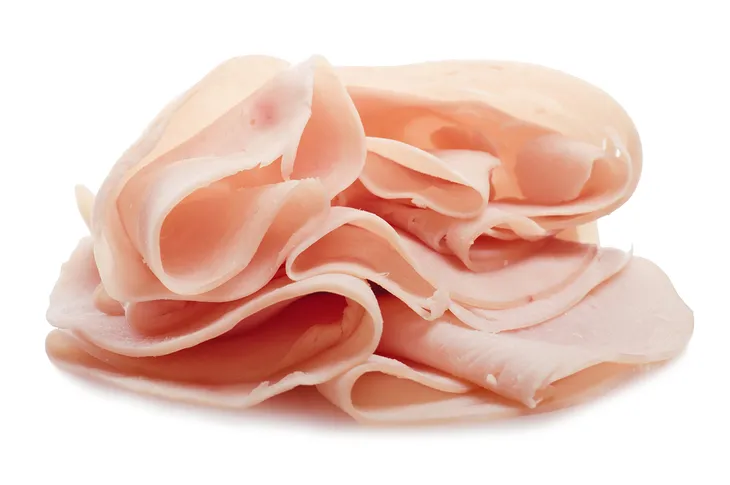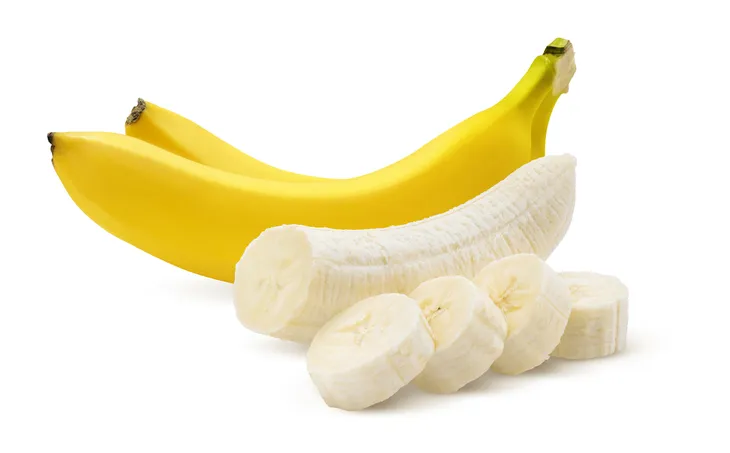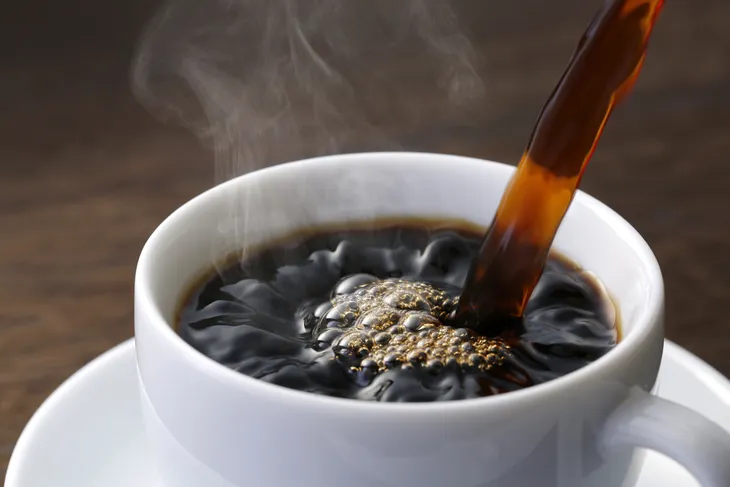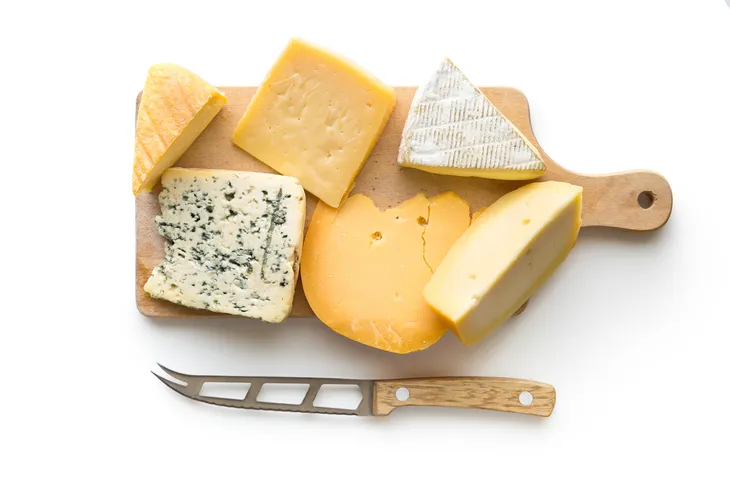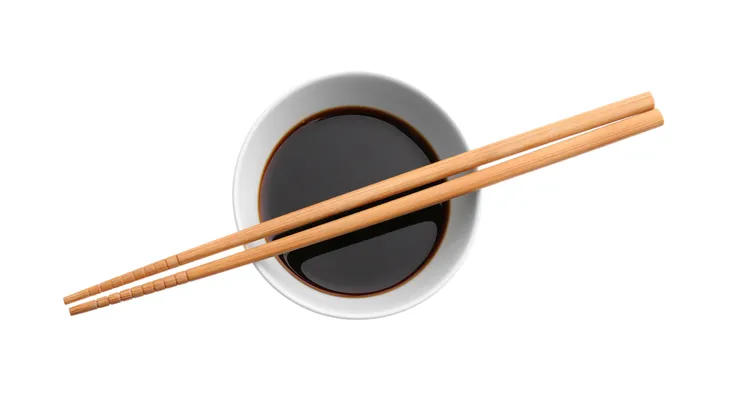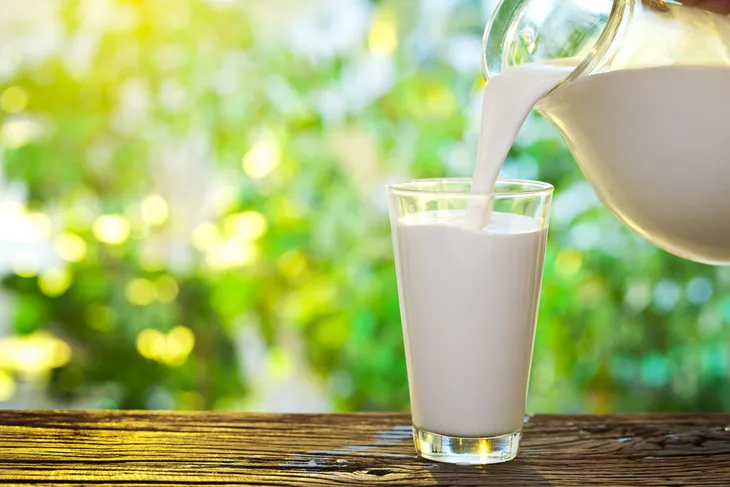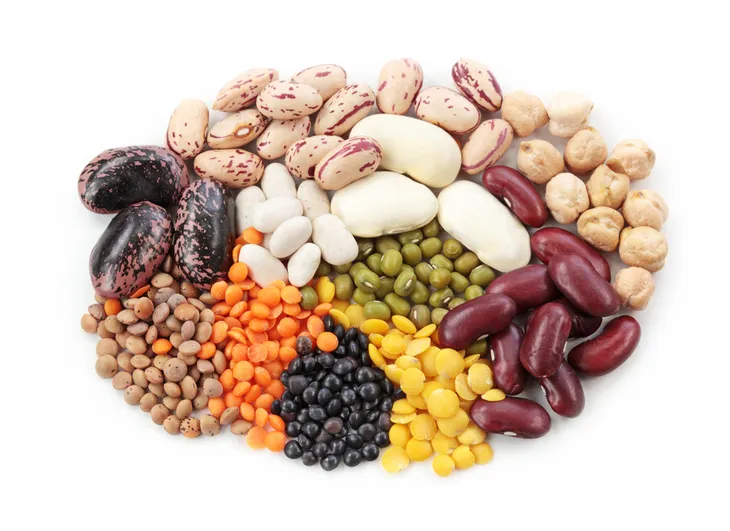Everyone experiences migraines differently. One thing we can all agree on is that they are extremely painful and can even become so severe they interfere with daily activities. While we often associate migraines with stress, there are some foods and beverages that contain ingredients known to trigger or worsen a migraine.
Before eating or drinking these following 10 foods, consider the throbbing, achy consequences…
Want diet & nutrition content delivered straight to your inbox? Sign up for our exclusive diet & nutrition newsletter!
Chili Peppers
While some migraine sufferers use ground chili peppers (or capsaicin) as an anti-inflammatory and pain reliever, the opposite is also true for many. It turns out that the active ingredient in hot peppers can cause painful headaches to flare up, which is why medical scientists often employ capsaicin when they are doing migraine research studies on human test subjects.
“Generally, regular sweet peppers do not have the same effects and not known to cause migraines,” says Julie Ching, registered dietitian. “But studies have shown that very hot peppers can cause arteries to constrict which creates headaches and migraines.”
Lunch Meats
Many believe they are being proactive with their health and saving money when they slap together a quick sandwich for lunch. However, if your lunch meat is processed, it likely contains tyramine and preservatives that trigger migraines. Unfortunately, these painful ingredients can be found in bacon, sausages, and hotdogs as well, and should be avoided by those with chronic migraines.
Bananas
Bananas are the perfect compact snack. They’re high in potassium and energy, and they make a delicious topper for your morning cereal. However, bananas are high in 2 migraine culprits—tyramine and histamine. And if you’re sensitive, keep a close eye on the banana peel, which is the main tyramine source, to ensure no stringy bits remain on the fruit.
Excessive Caffeine
Similar to capsaicin, moderate caffeine is often used to alleviate migraine headaches. However, too much caffeine may actually do the opposite and leave you with a killer headache once you come off your caffeine high. So if you do like your morning coffee, aim to drink no more than 2- to 3-cups per day.
Aged Cheese
I know; it’s not fair when the foods we like the most cause us to feel badly. The good news is that not all cheeses act as migraine triggers. It’s aged cheese that you have to watch out for due to the high levels of tyramine contained within the protein. And the older that block of Swiss, cheddar, gouda, or blue cheese—the more tyramine it will contain!
Pizza
If you habitually reach for the phone on Friday nights to order pizza, you might want to reassess your take out urges. Most pizza dough (and yeast-based breads) contains coumarin, a naturally occurring chemical that triggers migraines. Sadly, coumarin exists in yeast and, sadly, yeast makes that pizza crust.
Soy Sauce
Monosodium glutamate (or MSG), a common food additive in soy-based sauces, protein powders, and even low fat milk products will often trigger horrible headaches shortly after consumption. However, there is also a commonality in most products high in MSG—they also tend to contain a lot of salt—which also triggers dehydration and migraines.
Whole Milk
Choline and casein, both active ingredients in whole milk will often start the rumblings of a nasty migraine headache. Likewise, any whole milk product, for instance, yogurt or sour cream, may leave you with a throbbing headache on your hands…or shoulders.
Beans
Black beans, lima beans, string beans, navy beans, kidney beans—oh my! Not only does being full of beans cause a gassy result (literally), the tannin in most beans can also leave you with another kind of pressure—in your head!
Alcohol
If you like to tipple in the evenings, even if it’s just a small glass of wine with dinner, you might be exacerbating your migraines. Alcohol, particularly red wine, contains tyramine, a common migraine culprit. While the sulfates in red wine are also known headache triggers.
